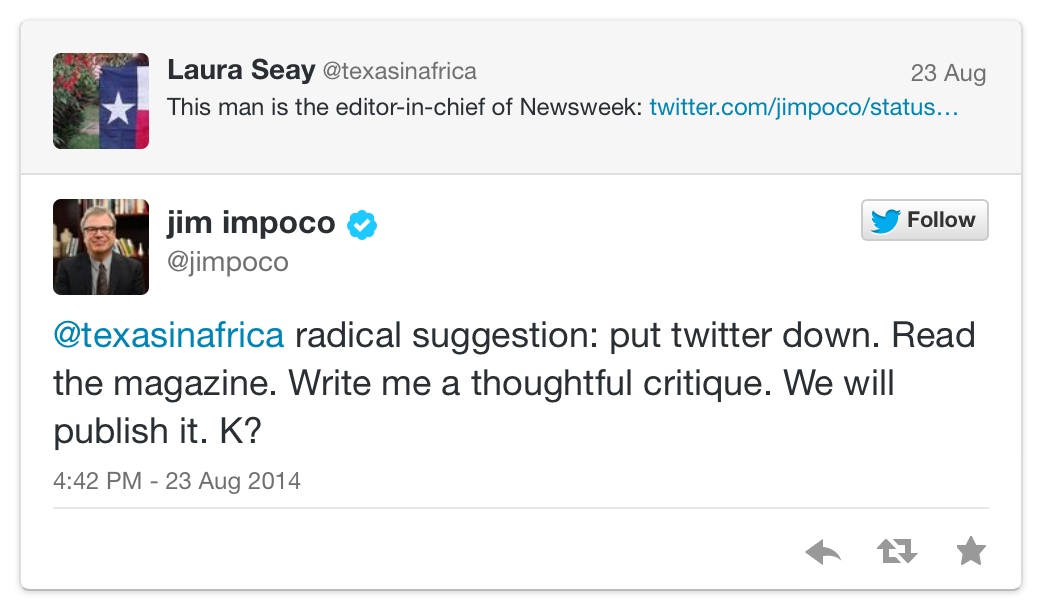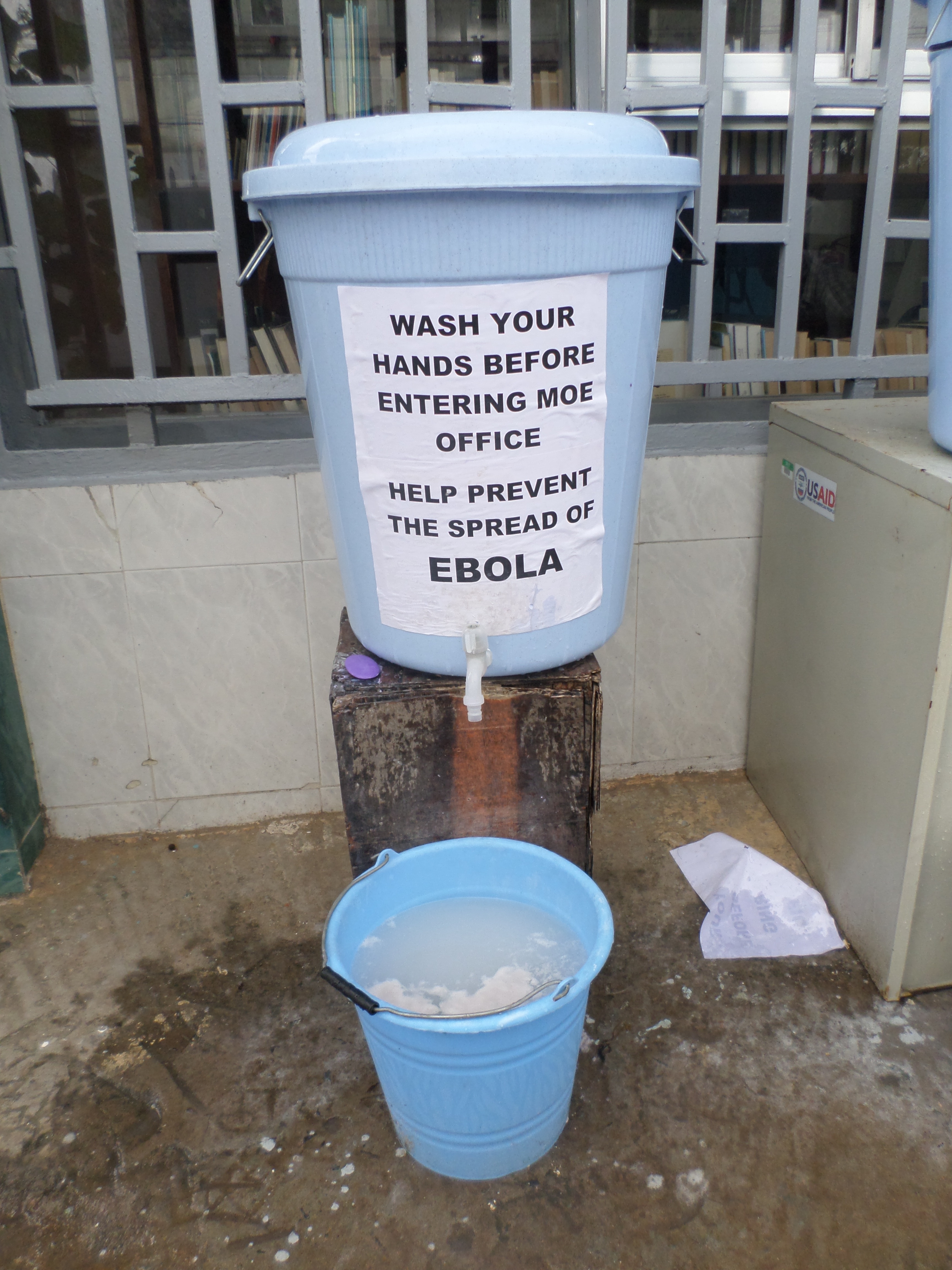The following is the complete address given by Colgate’s Mary Moran, professor of anthropology and Africana and Latin American studies, at Duke University in September. It was written for oral presentation, is unrevised, and should not be cited or circulated without permission.
When I submitted the title for this talk about two weeks ago, I was very much thinking of the term “survive” in its metaphorical sense. Liberia’s President Ellen Johnson Sirleaf, the first woman elected president of an African nation, faces the greatest challenge of her career, and unprecedented criticism both at home and abroad for failing to rebuild the national health care infrastructure and for her handling of the present crisis, including calls for her resignation (VOA news, Sept. 2, 2014).
I am a political anthropologist, not a medical one, and my intention here today is to try to place the government and public response to ebola in Liberia squarely in its local, historical and social/cultural context. But metaphor became concrete reality with a Front Page Africa headline on Sept. 10, “Ebola Hits Seat of Liberian Presidency; 1 Dead, 1 Quarantined” reporting that an administrative assistant to the Foreign Minister had died from ebola while her husband, also infected, was a staffer in the President’s office, two floors above in the same building. Continue reading



